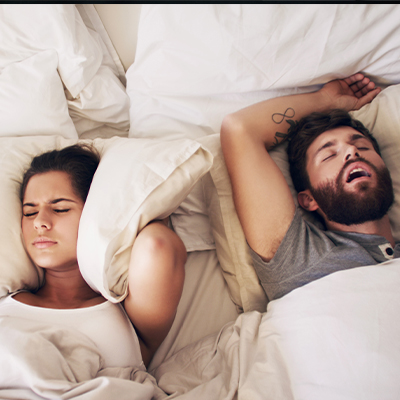
Sleep Apnea
Sleep apnea is a potentially serious sleep disorder in which breathing repeatedly stops and starts. If you snore loudly and feel tired even after a full night's sleep, you might have sleep apnea.
Read More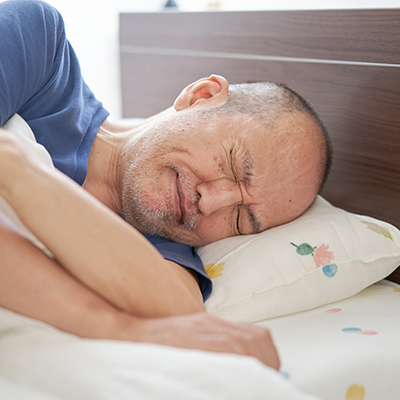
Bruxism
Teeth clenching and grinding are common involuntary reactions to anger, fear, or stress. In some people, this reaction plays out repeatedly through the day, even if they are not responding to an immediate stressor. This involuntary tooth grinding is known as bruxism.
Read MoreCardiac Arythmia
A heart arrhythmia (uh-RITH-me-uh) is an irregular heartbeat. Heart rhythm problems (heart arrhythmias) occur when the electrical signals that coordinate the heart's beats don't work properly. The faulty signaling causes the heart to beat too fast (tachycardia), too slow (bradycardia) or irregularly.
Read More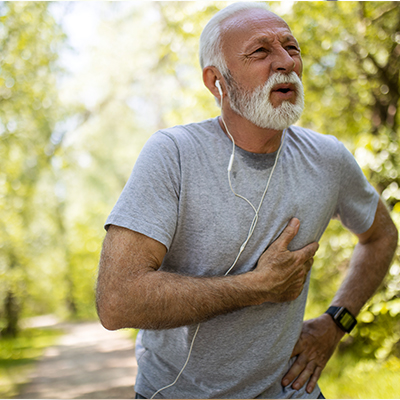
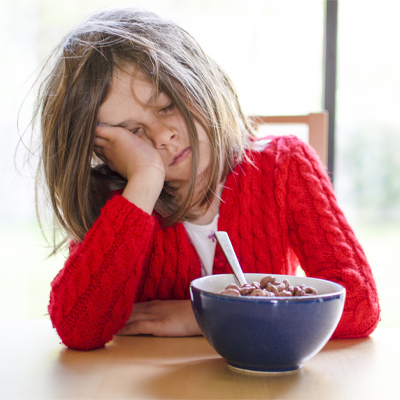
Children and Sleep Apnea
Researchers estimate that between 1-5% of children have obstructive sleep apnea. Although studies have shown obstructive sleep apnea to be relatively rare in children, it is also commonly underdiagnosed.
Read MoreExcessive Daytime Sleepiness
It is normal to feel sleepy after a night of sleep loss. But excessive daytime sleepiness (EDS) is a medical term that describes extreme grogginess occurring almost every day for at least three months. EDS makes it difficult or impossible to stay awake during the day. A wide range of medical and psychological conditions can lead to EDS, including sleep apnea, narcolepsy, hypothyroidism, chronic pain, depression, and anxiety.
Read More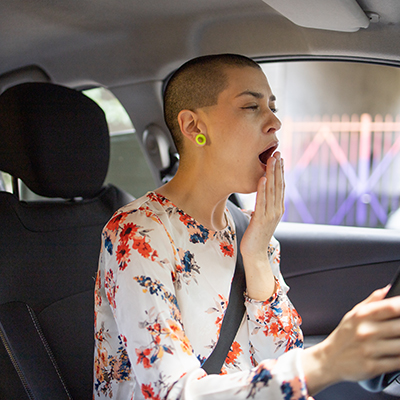
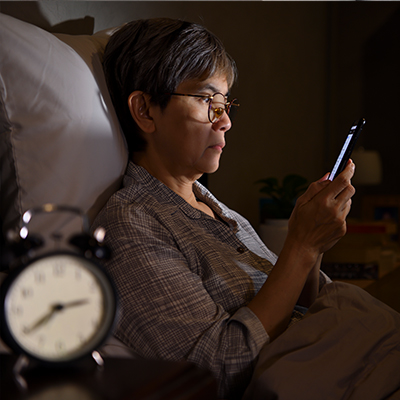
Insomnia
Insomnia is a common sleep disorder that can make it hard to fall asleep, hard to stay asleep, or cause you to wake up too early and not be able to get back to sleep. You may still feel tired when you wake up. Insomnia can sap not only your energy level and mood but also your health, work performance and quality of life.
Read MoreNarcolepsy
Narcolepsy is a sleep disorder that makes people very drowsy during the day. People with narcolepsy find it hard to stay awake for long periods of time. They fall asleep suddenly. This can cause serious problems in their daily routine.
Read More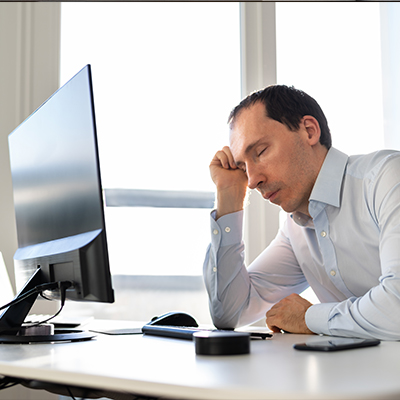
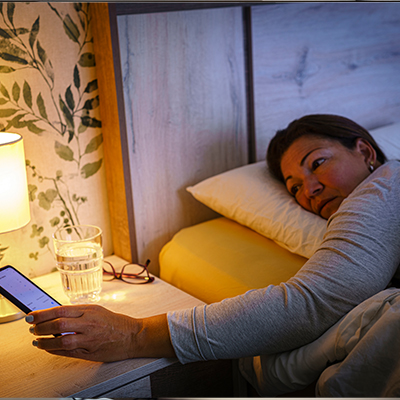
Non 24 Hour Sleep Wake Disorder
For most adults, the circadian rhythms that guide the sleep-wake cycle reset approximately every 24 hours. This is why many people start to get sleepy around the same time each night. In contrast, people with non-24-hour sleep wake disorder have circadian rhythms that are either shorter or longer than 24 hours. Affected individuals progressively shift their sleep and wake times one to two hours earlier or later each day.
Read MoreParasomnias
“Parasomnia” is a catchall term for unusual behaviors that people experience prior to falling asleep, while asleep, or during the arousal period between sleep and wakefulness. These behaviors vary considerably in terms of characteristics, severity, and frequency but include sleepwalking, sleep paralysis, and night terrors.
Read More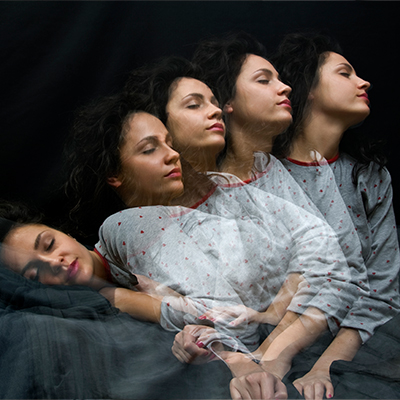
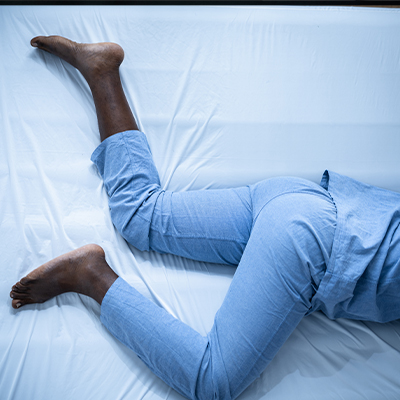
Restless Legs Syndrome
Restless legs syndrome (RLS) is a condition that causes an uncontrollable urge to move the legs, usually because of an uncomfortable sensation. It typically happens in the evening or nighttime hours when you're sitting or lying down. Moving eases the unpleasant feeling temporarily.
Read MoreShiftwork Disorder
Shift work disorder develops in some people whose jobs require them to work late at night or early in the morning. Sleeping during the day and working at night can cause misalignment between a person’s daily schedule and the circadian rhythms that guide their body to feel alert or sleepy in response to light or darkness. People with this condition often feel excessively tired at work and struggle to get enough sleep during their allotted daytime rest period.
Read More